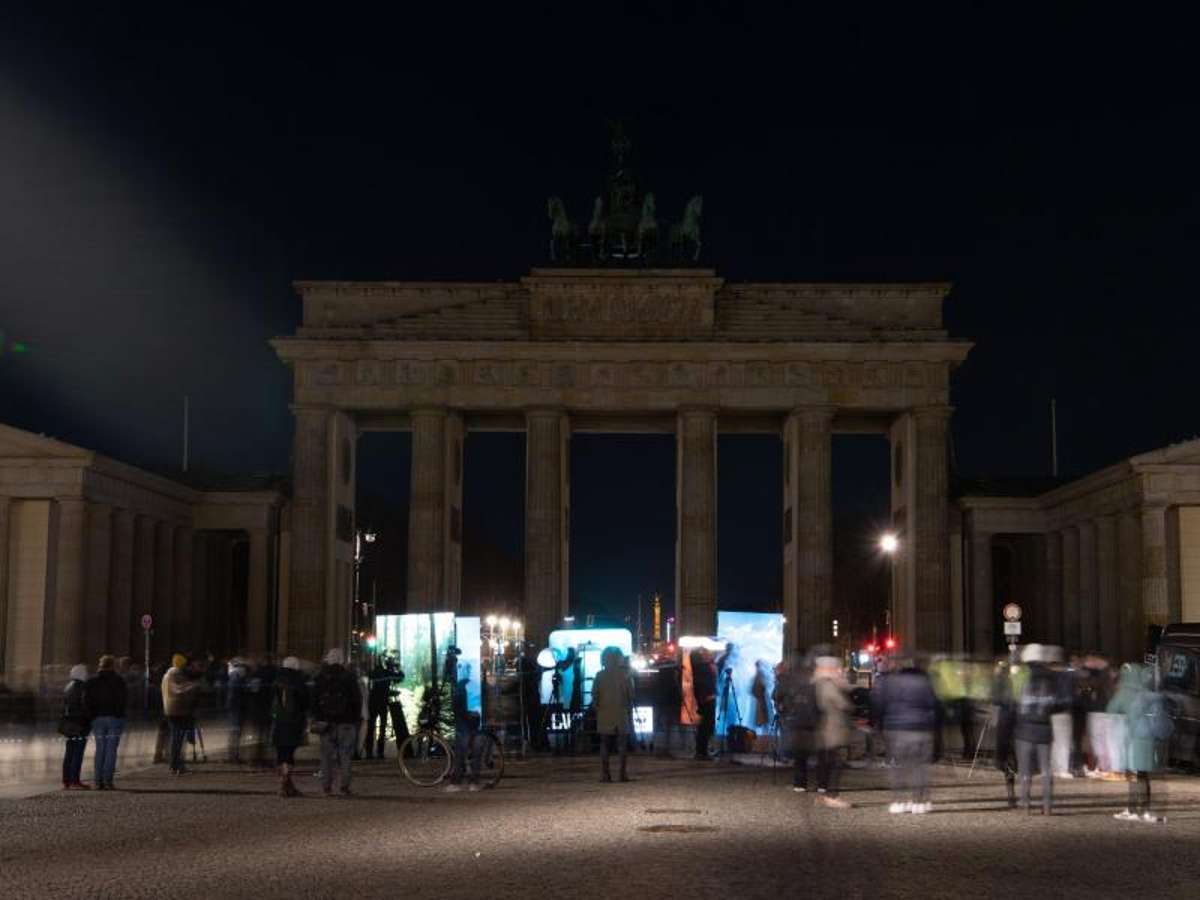
Environmental Protection: Turning Off the Lights for Climate – Earth Hour Around the World – Knowledge

From the perspective of the WWF Environmental Foundation, Earth Hour is the largest environmental campaign in the world. The lights that went out are meant to remind people to use resources sparingly. But not only.
BERLIN / WELLINGTON / MOSCOW – Turn off the lights to protect the climate: Despite the limitations caused by the Corona pandemic, people in many parts of the world are setting an example in protecting the environment through Earth Hour.
At 8:30 PM local time, lights in known buildings were turned off. In New Zealand, one of the oldest countries in time, darkness covered the Sky Tower in Auckland and the Parliament House in the capital, Wellington. In Berlin, the symbol of German unity, the Brandenburg Gate, was in the dark.
Many citizens also participated in the campaign launched by the World Wide Fund for Nature (WWF) and turned off the lights in their homes. Earth Hour aims to set an example in protecting the climate and the environment. Darkness is supposed to indicate a waste of resources and make people think.
Many cities around the world, including Singapore, Tokyo and Moscow have partnered with the Kremlin and Sydney with the world-famous Opera House. In Paris, the Eiffel Tower disappeared into the dark, and the lights of the European Union Commission headquarters in Brussels went out. Commission President Ursula von der Leyen said on Twitter that small measures can make a big difference. “Especially when the world works together.”
In Germany, the WWF was expecting a record participation: it announced that 575 cities and municipalities and 448 companies in 716 locations wanted to participate. Nationwide, the lights have gone out in many town halls, churches, monuments, company headquarters and stadiums. For example, Neuschwanstein Castle, Cologne Cathedral, and Frankfurt Pulskirch remained in the dark, but so were industrial monuments such as the Duisburg nature park and football fields such as the arenas in Mönchengladbach and Schalke.
“With Earth Hour, millions of people around the world are showing that we must work harder against the climate crisis and for a living planet,” says Marco Vollmar, head of communications and campaign at the World Wildlife Fund in Germany, Marco Vollmar. Earth Hour to do our part and keep the pressure on governments.
With the goal of future general elections and the federal government, the WWF has called for a dramatic increase in the pace of expansion of renewable energies. The proportion of clean energy from wind and solar should increase to 80% of total electricity consumption by 2030. In addition, all subsidies that harm the climate must be eliminated.
The WWF has announced Earth Hour for the fifteenth time. The first shot was fired once in the Australian city of Sydney, when about 2.2 million people turned the lights off on March 31, 2007 – thus making history. Due to the Corona pandemic, the environmental organization has abstained from public events with large audiences for the second year in a row.
© dpa-infocom, dpa: 210327-99-992258 / 5

“Coffee trailblazer. Social media ninja. Unapologetic web guru. Friendly music fan. Alcohol fanatic.”
